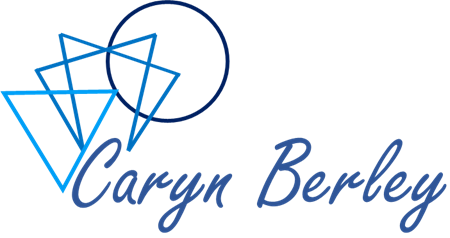Honoring My Pace
I've been thinking about what it means to honor my pace.
Being slow has always felt like an insult. As a kid, I would play speed card games and pull-your-hands away games where “too slow!” was a taunt from the winner meaning you lost. I wanted desperately to keep up with the pace of my family, my older siblings, and my peers. That low hum of trying to “keep up” (which implied that I was constantly “behind”) turned into a desire to be “ahead” - quicker, faster, and sharper than those around me. Precocious, smart, advanced - those were good things to be. Striving for speed was my solution to feeling like I didn’t belong in such a fast world.
When I wasn’t spending all my energy trying to keep up, I was literally asleep in my mom’s lap. Or in the car. Or on the couch. I could sleep anywhere. My brother and I even had a competition at one point of who could fall asleep faster - even my slowness was a competition. Looking back, it’s not hard to see that I was constantly exhausted.
My natural pace is slow, but I rarely honor it. There is too much to do, and it’s important to me to do things well. I’m still striving to be ahead, not behind. On top of things. Caught up.
But “caught up” is a moving target. While I’ve gotten better at celebrating “obvious” successes around getting things done, I rarely pause to define what success would actually look or feel like, beforehand. What would it mean to feel “caught up” - with work projects, cleaning, emails, tracking finances, maintaining friendships, taking care of myself...?
Honoring my pace means tuning into my body in real time. My body knows when it needs to slow down, when it’s hungry, thirsty, antsy, overwhelmed, tired... but for years I have ignored what my body would tell me. I hit the “override” button and allowed my mind to decide what my body wanted or needed, and my mind was definitely in charge of what it actually got. After a while, I stopped even recognizing a lot of the things my body was telling me. It didn’t stop talking, but I had stopped listening. (Once, on a 14-hour flight, I refused to use the plane bathroom even once - whether I was "listening" or not, I certainly wasn't taking action to address my bodily needs.)
While it’s sometimes daunting to think of working to undo so much training to disconnect from my body it’s important to go one step at a time. I know this, and yet I still feel myself discounting baby steps because I am so in that pattern of wanting to catch all the way up! Naming it helps. Mentioning to myself or someone else what I'm working on - then actually doing it. It can be as simple as slowing down, closing my eyes, and asking my body what it needs. Sometimes I can’t hear anything. But rebuilding this relationship takes time and energy; repeated asking and listening, even if nothing comes, is part of that process.
Writing this, awake in the middle of the night, my body is restless. There is a lot of tension in my neck and shoulders. It feels strong and tired from exercise yesterday. It is exhausted from the expectations to sacrifice its needs in service of what my mind requests: more hours at the computer, think only about work and personal development and supporting people and the pandemic and fascism... At this point it is demanding to be heard. It’s asking me to slow down. Not just to sleep, but to consciously tune in. To make an appointment with a body worker to help release the built up tension. To put down the expectations that I should be doing more, and instead get curious about how I can honor my natural pace.
Knowing that I lead with Type 9 on the Enneagram has helped to highlight that connecting to my body and prioritizing myself are some of my biggest challenges. When attended to, they bring out my greatest strengths, including "Right Action," an embodied clarity of knowing and taking my very next step. Knowing my type has helped me recognize my relationship to my environment, my pace, and my stubbornness around it. It has shown me that even though I don’t think I’m as doing-obsessed as the capitalistic culture that surrounds me, I am still constantly concerned I’m not doing enough. In Enneagram Speak, my body center is both dominant and repressed. Types in the body center can easily get wrapped up in thinking “I am what I do.” And while part of me flat out rejects that (note: my willingness to sleep anywhere, anytime), another part hums along in the background feeling like I’m still behind; still not doing enough. This is the tension I hold.
Each type relates a bit differently to pace, doing, and the body center. But you don’t have to know your type to consider the following…
What would honoring your pace look like for you today?
How do you know when you’ve done enough for now?
How might you acknowledge yourself for what you already have done?
With Love,
~Caryn

